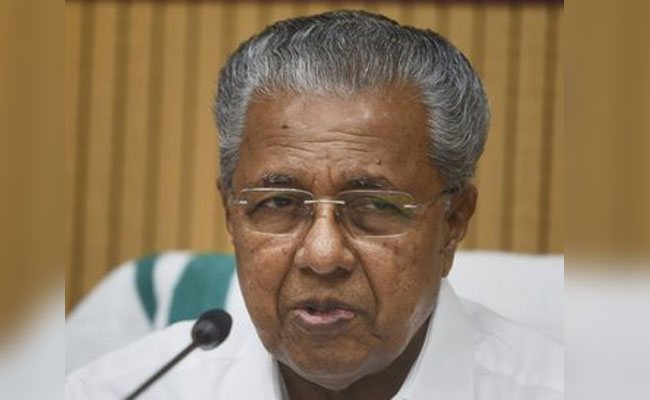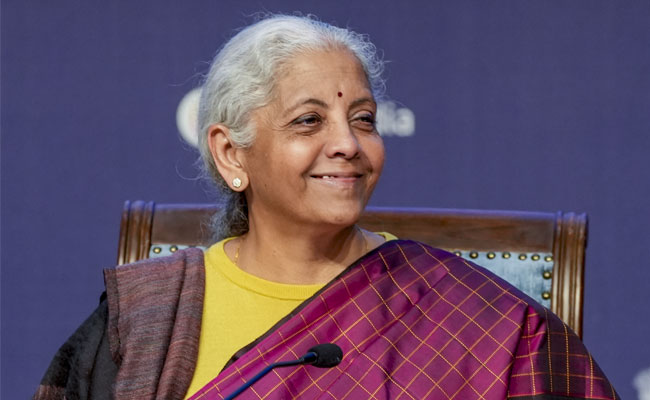The story was first published by newslaundry.com (read the original post by clicking here.)
Dubai-based Gulf News, a leading daily newspaper, printed an editorial yesterday saying that "toxic" Indian TV news channels should not be allowed to "spread Islamophobia and vitiate atmosphere".
Headlined "Stop Indian media from exporting hate to Gulf", the piece said there have been several instances of Indian expats in the UAE being "terminated by employers after they posted abusive content on social media" or "called out for hatred and religious discrimination".
Last month, prominent Arab personalities had reacted to racism and bigotry displayed by Indians living in the Middle East.
The piece continued: "But the bigger question is why long-term residents who are familiar with local laws and sensitivities are posting such abusive content on social media? The culprit is Indian media, specifically some news channels which are exporting the narrative of hate against Muslims from India to the Gulf countries."
The piece said it's "well-known" that "popular channels twist news and build fake narratives to target Muslims in India". For example, "media watchdogs have pointed out fake news of Muslims spitting on fruits to spread Coronavirus. This fake news was repeated on some news channels until people actually started believing it...This hateful content on prime time reaches Gulf countries, including the UAE where these channels are widely available."
Newslaundry had reported on this specific form of prejudice, of the coronavirus-positive Muslim fruit vendor. Channels like TV9 Bharatvarsh lent legitimacy to such rumours by broadcasting misleading segments, coining terms like “corona criminals” for Muslim vendors.
Gulf News urged authorities in the UAE to "take action" against channels that are "preachers of hate", specifically Republic TV, Zee News, India TV, Aaj Tak, ABP and Times Now. "They must not be allowed to vitiate the social atmosphere of Gulf countries where tens of millions of diverse ethnicities and religious background work and live peacefully."
Following the Tablighi Jamaat event in Delhi, and the subsequent spike in coronavirus cases, sections of the India media lost no time in spreading communal hatred, conspiracy theories, and fake news. It's part of how several TV news channels participate in a cycle of misinformation and hate.
The story was first published by newslaundry.com (read the original post by clicking here.)
Let the Truth be known. If you read VB and like VB, please be a VB Supporter and Help us deliver the Truth to one and all.
Kochi (Kerala) (PTI): Kerala Chief Minister Pinarayi Vijayan on Sunday announced that a multimodal cargo network integrating air, road, rail, and water routes will be established, with CIAL serving as its primary hub.
He was speaking while inaugurating the plenary session of the International Cargo Business Summit, organised by CIAL in association with FICCI, marking the 25th anniversary of Cochin International Airport Limited's cargo department.
The chief minister inaugurated the event by moving a gear lever on a cockpit model installed on the stage.
Vijayan stated that CIAL is striving to create a business environment favourable to Kerala's economic growth beyond just functioning as an airport.
He noted that CIAL handled over 65,000 metric tonne of cargo in the last financial year, and this is expected to rise to 74,000 tonne in the current fiscal year.
CIAL has provided a 50 per cent dividend to its investors and stands as a model for the entire country through its operations. Construction of three bridges benefiting four panchayats is also underway.
Furthermore, CIAL has begun the process of obtaining certification for handling pharmaceutical products, which will commence immediately upon approval.
In his presidential address, State Industries Minister P Rajeev mentioned that prominent global companies establishing logistics parks near CIAL would allow for greater utilisation of the airport's cargo potential.
He added that the presence of large-scale companies reflects the growth rate of cargo movement in the region.
The chief minister honoured institutions that demonstrated excellence in cargo exports during the ceremony.
CIAL Managing Director S Suhas delivered the welcome speech.
CIAL Cargo Department Head Satheesh Kumar R Pai delivered the vote of thanks.





